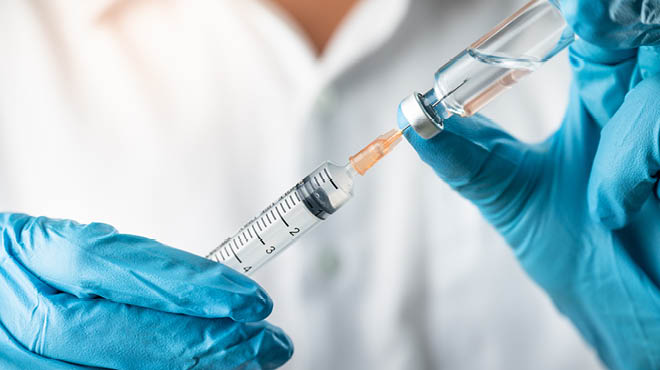As the world continues to combat the effects of the COVID-19 pandemic, misinformation around the virus and its vaccines remains widespread. Vaccines have proven to be one of the most effective tools in controlling the pandemic, yet myths persist. From concerns about reinfection to misconceptions about vaccine ingredients, it’s critical to distinguish fact from fiction.
In this comprehensive guide, we break down some of the most common myths surrounding COVID-19 vaccines and present scientifically backed facts to help you make informed decisions.

Why COVID-19 Vaccination Still Matters, Even After Infection
Fiction: If you’ve already had COVID-19, you don’t need the vaccine.
Fact: Having a previous COVID-19 infection does not guarantee long-lasting immunity. Reinfection is possible, and natural immunity varies from person to person. According to CDC guidance, getting vaccinated even after recovery from COVID-19 can bolster your protection.
Vaccination triggers a more predictable immune response than natural infection. This can be critical in protecting against severe illness, especially with emerging variants.
The Role of Masks and Social Distancing Post-Vaccination
Fiction: You don’t need to wear a mask or social distance if you’re vaccinated.
Fact: While vaccines provide strong protection against severe illness and death, no vaccine offers 100% immunity. Especially in areas with high community spread, layering your protection with mask-wearing, social distancing, and hand hygiene is still recommended.
CDC guidelines evolve based on data. Until there’s a broad decline in community transmission and more information is gathered about vaccine efficacy in real-life scenarios, these precautions remain vital.
PPE and Vaccination: Working Together
Fiction: If PPE is still needed, why get vaccinated at all?
Fact: Vaccines are your best defense against COVID-19, but until herd immunity is achieved, combining vaccination with PPE offers layered protection. Think of each preventive measure as a layer of defense. The more layers you use, the better your chances of avoiding infection and transmission.
Wearing PPE and following safety protocols also helps protect those who can’t get vaccinated or who are immunocompromised.
Can the Vaccine Give You COVID-19?
Fiction: COVID-19 vaccines can infect you with the virus.
Fact: The vaccines currently authorized in the U.S. do not contain the live virus that causes COVID-19. Instead, they train your immune system to recognize and fight the virus. You cannot get COVID-19 from any of the approved vaccines.
However, because it takes a few weeks to build immunity, it is possible to get infected shortly before or after receiving your shot. This is not because of the vaccine, but rather because your body hasn’t yet built up enough protection.
Impact on COVID-19 Testing
Fiction: The vaccine will make you test positive for COVID-19.
Fact: COVID-19 vaccines do not cause a positive result on viral tests (PCR or antigen), which are used to detect active infections. However, they may affect antibody test results. Antibody tests check for immune responses, not the presence of the virus.
This is a normal and expected outcome, showing that your body has developed some level of protection against the virus.
Building Herd Immunity: A Collective Responsibility
Vaccination is not just about individual protection. It’s also about protecting the community—especially those who are most vulnerable. Herd immunity occurs when enough people become immune to a disease, making its spread unlikely. The more people vaccinated, the fewer opportunities the virus has to mutate or spread.
Staying Informed: Where to Get Reliable Information
Misinformation spreads quickly, especially on social media. Always rely on trusted sources like the CDC, WHO, and local health departments. If you have concerns or questions, consult your healthcare provider for accurate, up-to-date advice.
FAQs:
Q1: Can I skip the vaccine if I’ve had COVID-19?
A: No. Reinfection is possible, and vaccines provide more consistent protection than natural immunity.
Q2: Will the vaccine cause me to test positive?
A: No. Vaccines do not affect viral tests but may cause a positive antibody test, which is normal.
Q3: Do I still need to wear a mask after getting vaccinated?
A: Yes, especially in high-transmission areas or around vulnerable populations. It’s part of a layered defense.
Q4: Can the vaccine give me COVID-19?
A: No. None of the authorized vaccines contain live virus.
Q5: What if I experience side effects from the vaccine?
A: Mild side effects like fatigue, fever, or soreness are common and indicate that your body is building protection.




